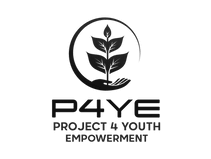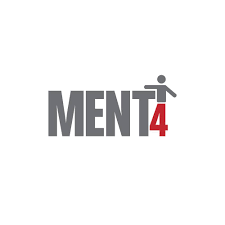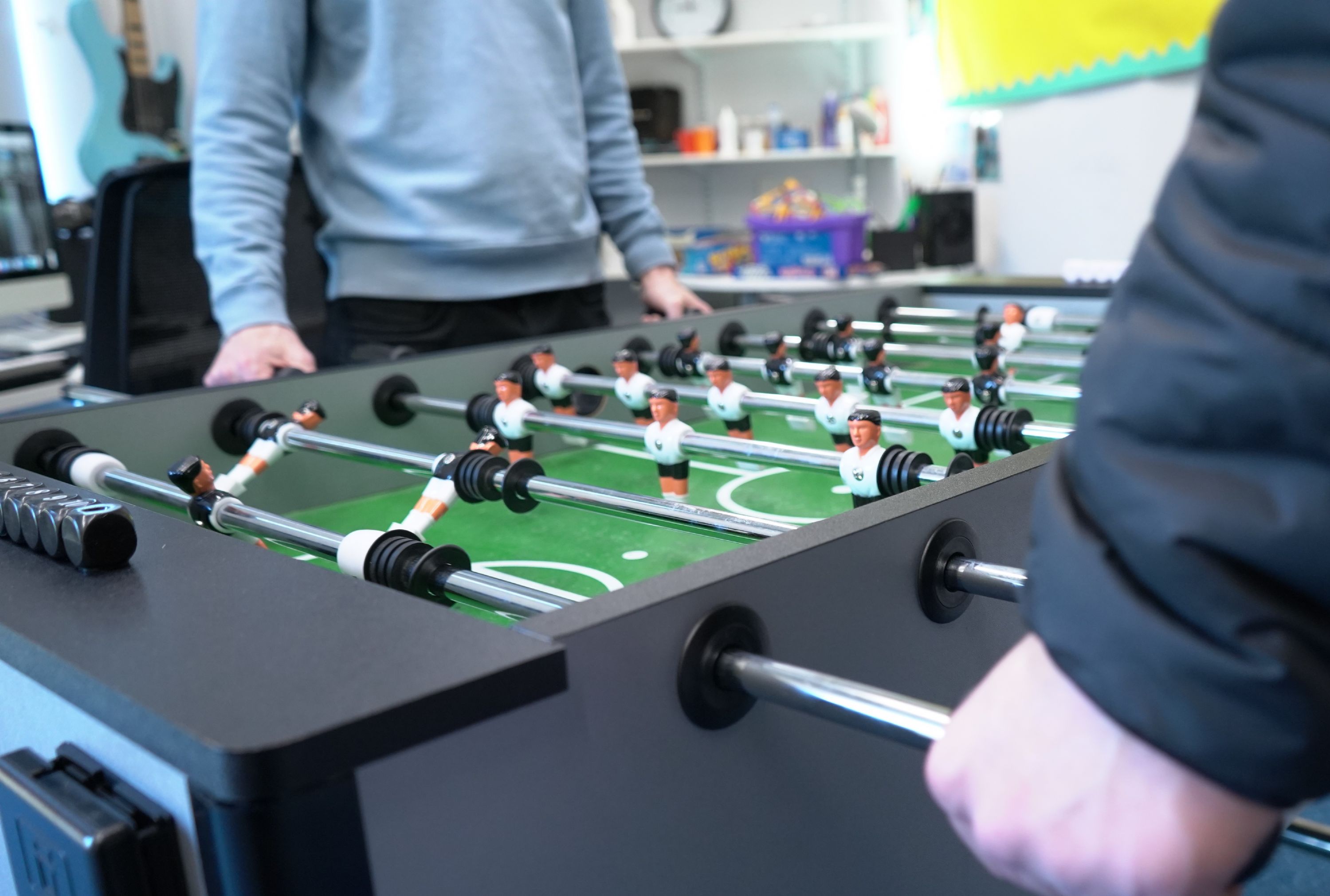
Therapy at Beckmead College
Beckmead College has a policy of supporting the wider needs of our students, not just their academic learning. All of our staff are trained to support those needs to a degree but we are aware that many of our young people may benefit from targeted specialist support. We also recognise that many of our young people have found it difficult to access other services like CAMHS because of various barriers to engagement.
We therefore aim to provide onsite psychological therapy for students that need more specialist support. We employ qualified therapists who are trained to support the range of difficulties experienced by our young people and are also skilled at helping them engage. Therapy helps students process any difficult experiences they may have had, understand their emotions better and also supports them to tap into their strengths and reach their full potential. The therapeutic approach is friendly and flexible and there are various features of the approach that help young people engage including:
- Various ways of communicating and interacting with the therapist – music, art, sport, games, drama, play as well as talking
- Content of the sessions agreed collaboratively with the student and informed by their interests and priorities
- Patience in terms of building trust. Therapy is generally long term if the student wants it to be
- Not just thinking about difficulties but also providing space to work on developing their strengths and positive qualities
- Having fun in the sessions so that students actually enjoy their therapy, even while sometimes doing difficult work
We also favour a systemic approach to therapy that does not just focus on individual work with young people but works to support the systems of relationships around them too. This includes:
- Support for families which can range from informal support to family therapy sessions depending on need and inclination.
- Working closely with teaching staff, helping them develop reflective practice and informing the strategies they use to support our students.
- Supporting the work of external professionals
- Contributing to the development of a whole school mental health approach.
The therapy provision across the 3 Croydon Beckmead sites (including Beckmead College) is evaluated on an annual basis and demonstrates a positive impact on students’ levels of social, emotional and mental health (SEMH) difficulties. Levels of engagement are also high, and the students also rate their satisfaction with their therapy highly. Figures for 2021/2022:
- 91% of students successfully engage with therapy when offered it
- SEMH difficulties reduced by 30% on average
- Students rated their overall satisfaction with their therapy at 96%
A rigorous research study of our therapy model was conducted which included a control group for comparison and this was published in a peer-reviewed journal (Emotional and Behavioural Difficulties) in 2016. The results showed statistically significant differences for improvement in SEMH levels between the therapy group and the control group. This shows that there is an “add on” improvement from therapy in addition to the improvement that all students achieve from being in our nurturing school environment.
In addition to psychological therapies, we also provide speech and language therapy and educational psychology input for those students that need it. These support our students’ communication and learning needs.
Mentoring at Beckmead College
Beckmead College currently uses two mentoring services for our students:
P4YE
Project 4 Youth Empowerment (P4YE) is a South London based organisation who support young people and families, trying to lead them to bright futures. The P4YE ethos is, ‘Engage & Empower’. P4YE use their skill sets and experience to speak to young people in a way that they find relatable. P4YE have built many positive relationships with the professional services to bridge the gap between them and the communities that they serve. P4YE provide 1:1 and Group Mentoring, Advocacy, Parental Support, and a range of services to help to try and foster a better tomorrow for our community.

MENT4
Ment4 provides one-to-one specialist mentoring for 11 to 18 year olds with emotional and behavioural difficulties based in and around Croydon. They help those vulnerable to crime, non-attending or excluded from schools, those judged as particularly vulnerable by Children's Social Care, and direct referrals from families.



